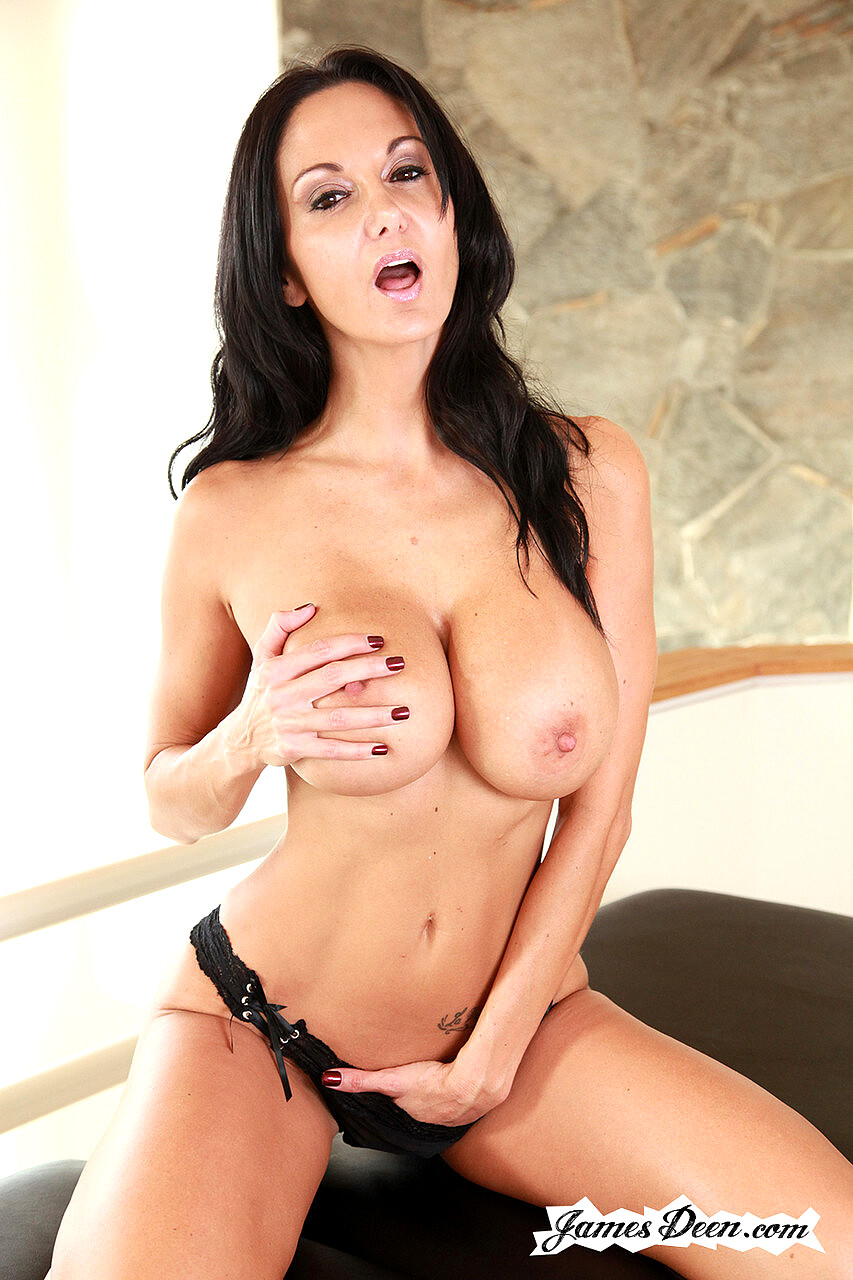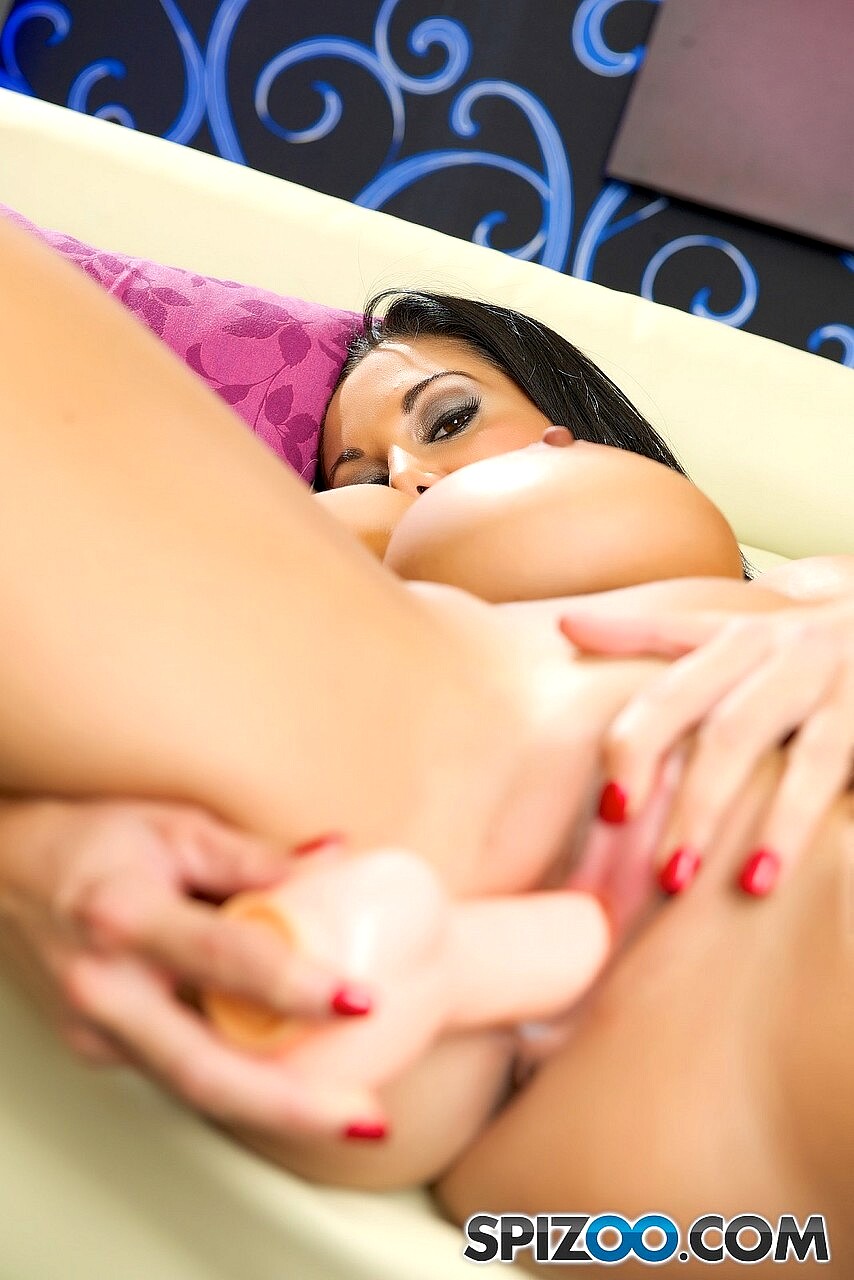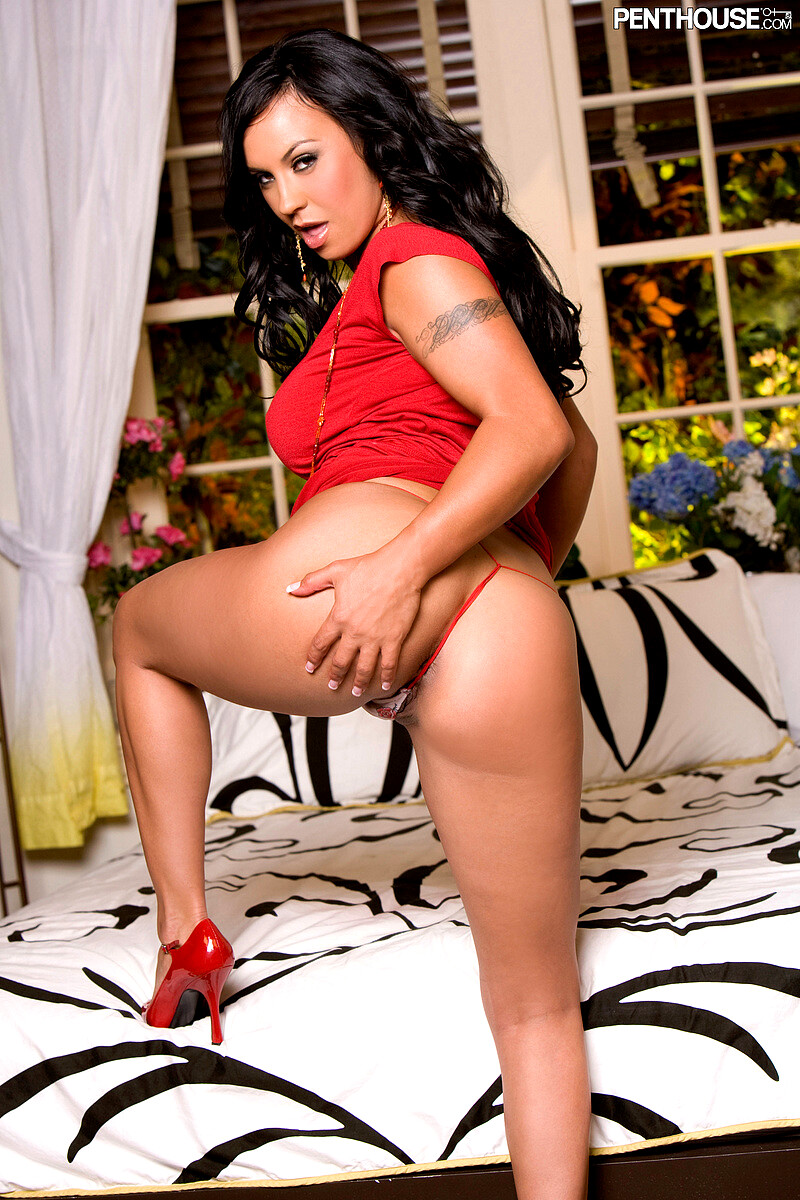Firstly, she's not actual. In case you loved this information and you would like to receive more details about BRUNETTE TEEN VR GALLERY kindly visit the webpage. But she's in no way an accident.
Where To Meet Beautiful Black Woman
 -
-
-
-
-
-
-
-
Best Black Woman Onlyfans
Close your eyes and image an offended Black woman. The picture is prepared-made: one hand on her hip, one finger pointed in your face, head and neck swiveling. It only took an on the spot to visualize her, proper? You may in all probability hear her Black English. She's overly delicate and mannish. She's aggressive and irrational, too loud and too much. She's simple to piss off and troublesome to calm down. She probably strikes you as intimidating.
She's also not actual. Let me repeat: The image of the angry Black girl (ABW) that surfaced so simply in your mind is as faux as a fairy tale. She - the trope - is supposed to control and undermine Black girls, to punish us after we specific even slight and reasonable indignation, pain, or irritation (not to mention rage), and to guard a status quo during which Black ladies and girls are often handled as interchangeable, irrational issues instead of human beings with very affordable complaints. She's imaginary, however she's under no circumstances an accident.
Ebony Woman Who Want White Men
The angry Black girl character goes method back. I see its roots in chattel slavery, when expressions of Black female anger, notably towards white people, were profoundly justified but additionally impermissible. With a tradition and financial system that depended on viciously controlling Black women's bodies and lives, it made good financial sense to painting Black female anger as unreasonable and ugly instead of as a rational response to subordination and humiliation.
Once we're seen as offended, the "Offended Black Woman" stereotype deems that anger as explosive, irrational, and scary.
Ebony Woman Onlyfans
The trope found its manner into minstrel reveals, the place white men donned blackface and fatsuits to play boorish and brooding caricatures of Black girls. In recent times, our tradition has stapled the belittling ABW label to Michelle Obama, Serena Williams, Kamala Harris, Shonda Rhimes, Congresswoman Maxine Waters, Meghan Markle, Jemele Hill, and many others in response to the kind of fact-telling, creativity, and demand for self-respect we often applaud in others. Widespread entertainment from the nineteen nineties, together with The Jerry Springer Present and Ricki Lake - which I consumed as a toddler - helped reinforce the stereotype. It moved from that 18th- and 19th-century white imagination to 20th-century entertainment, displaying up in dramas similar to Gone with the Wind and comedies akin to Amos 'n Andy. Each of those ladies has onerous-won power and an authoritative voice - but we, as a culture, do not usually need to listen to what Black women must say.
I wish I may say there's an space of my life, or that of all of the Black ladies I know, that remains unsullied by the ABW stereotype, but I am unable to. It exhibits up in work conferences though I purposefully smile and measure my tone when offering feedback. It even shows up in therapy (if I'm not allowed to speak up there, then where?). It exhibits up in private relationships once i strive to address the emotional harm I'm experiencing. And once we're seen as indignant, the ABW stereotype deems that "anger" explosive, irrational, and scary. It exhibits up in response to my writing when I have been advised my voice is just too convicting or too aggrieved. The ABW stereotype is so pervasive that even the smallest gesture of sternness, dissatisfaction, energy, or refusal might be inaccurately labeled "anger" when it comes from a Black lady.
To keep away from these scenarios, I, like many Black women, fastidiously monitor my expressions and body language to ensure I sound calm and cheap, calibrating myself right into a slim register designed to not scare or offend people in power. I can't say for sure that it contributes to my anxiety - something I've lived with since I was a teenager - but anxiety is, partially, a feeling of unease or uncertainty about how issues will go, a way that you are not completely secure, and the ABW caricature places limitless stress on me to carry out niceness in order to stay nominally safe and likable in a world that doesn't particularly like or protect Black women and girls. How could this not feed my chronic sense of uncertainty and unease? It's exhausting. It's dehumanizing. It cuts into my sense of price and wellbeing. (See also: How Racism Affects Your Mental Health)
 There are quantifiable consequences to dwelling in a tradition that plasters a demonizing stereotype to individuals who specific regular human emotions. Instead of displaying your anger, you stifle it - and it burrows inward and hurts. Psychological well being challenges similar to depression, anxiety, and higher stress are often the results of stifled anger. And, in accordance with the Anxiety & Depression Affiliation of America, anxiety amongst Black ladies is extra chronic and has extra intense signs than those experienced by their white counterparts. Studies show that Black girls are much less probably to hunt assist for anxiety and depression and, once they do, are at higher risk of ineffective and damaging treatment.
There are quantifiable consequences to dwelling in a tradition that plasters a demonizing stereotype to individuals who specific regular human emotions. Instead of displaying your anger, you stifle it - and it burrows inward and hurts. Psychological well being challenges similar to depression, anxiety, and higher stress are often the results of stifled anger. And, in accordance with the Anxiety & Depression Affiliation of America, anxiety amongst Black ladies is extra chronic and has extra intense signs than those experienced by their white counterparts. Studies show that Black girls are much less probably to hunt assist for anxiety and depression and, once they do, are at higher risk of ineffective and damaging treatment.
How To Date A Black Woman
There's also a physical element to this: The allostatic load Black girls bear, together with repressed anger, can result in bodily well being issues that disproportionately impact Black women, comparable to high blood strain, heart illness, diabetes-associated dying, and even breast most cancers mortality charges - none of which is sweet for anxiety and depression. And I can not assist however wonder how often that same misreading results in poor care from mental (and physical) health experts. I can't help but wonder whether we're less more likely to ask for assist as a result of we all know the world typically misreads our insistence, urgency, and fact-telling as being irrational, scary, and shrill. (
The actual fact is that, as Solange says, we've so much to be offended about. None of it's because we're undeserving, untalented, or unfocused. Having structural racism and anti-Black bias throughout each side of our lives means we regularly haven't got the identical truthful shot as our white (and non- Black) counterparts regardless of how onerous we strive. It is as a result of we're Black ladies, and regardless of our contributions to artwork, science, politics, regulation, philosophy, delicacies, sports activities, spirituality, music, and the very formation of this nation, mainstream society does not care about us the way in which it cares about others. In fact, we're indignant. We're extra more likely to die throughout childbirth; we make less money; we accrue less wealth; we're overrepresented in prisons and below-represented in the corporate world; we're less likely to have success on dating apps; we're less likely to marry (and reap the financial, physical, and spiritual advantages that usually accompany lengthy-time period partnership); we're much less prone to be given ache drugs after we go to the doctor; we're less likely to be called for an interview if now we have names that "sound Black"; we're more likely to be stopped by police; we're more likely to be focused by unscrupulous banks - the record goes on.
How To Love A Black Woman
 Instead of hearing us and responding, society continually says the problem is our "lack of manners" or "hypersensitivity" as a substitute of structural inequities. That's what the Indignant Black Girl stereotype was designed to do, and why it nonetheless exists.
Instead of hearing us and responding, society continually says the problem is our "lack of manners" or "hypersensitivity" as a substitute of structural inequities. That's what the Indignant Black Girl stereotype was designed to do, and why it nonetheless exists.
Nonetheless, the ABW stereotype implies that after we specific anger or dissatisfaction, different persons are primed to see us as irrational and unhinged. As an alternative of listening to us and responding, society regularly says the issue is our "lack of manners" or "hypersensitivity" as an alternative of structural inequities. So long as we stay underneath the rule of racial and gender hierarchy, stereotypes that debase Black ladies will thrive. That is what the ABW stereotype was designed to do, and it is why it nonetheless exists. It's so pervasive that even emotions that aren't anger (e.g. sternness, dissatisfaction, strength, and refusal) get inaccurately labeled as "anger" when they arrive from Black ladies.
What Is An Ebony Woman
Now shut your eyes and image an precise offended Black lady - not the trope. Or exasperated, impatient, and overwhelmed. She could also be a mom, and her "anger" is definitely simply the willpower and grit that outline that position. Or brave, energized, and in joyful self-possession. She's additionally, little question, being as strategic and considerate as doable, conscious that the ABW stereotype makes folks much less more likely to take her severely, more more likely to be afraid of her than afraid for her, even when she is the one who's so typically below menace. She may have every right to be mad, far madder than she looks or is expressing. Let me help. This woman could also be crying in ache. She could also be on the peak of her energy, righteous and proper, and doing what white males do on a regular basis: expressing themselves. She may be your boss, and her "anger" is actually just honesty about your performance. Can you? Can you see her without the pre-conceived cartoonish distortion? She might even be feeling scared, alone, and powerless. She might have simply endured a racial slight, or her anger could don't have anything to do with race at all.
A real angry Black woman is multidimensional, not flat, not easily summarized by a trope. She's a richly layered, sophisticated, clever human being, not a caricature. She's entitled to really feel and show the total scope of human feelings. There's a world during which we recognize Black female anger as beautiful. So let me offer another imaginative and prescient of Black feminine anger. Lovely as a response to racism, misogynoir, and injustice in all places. And she's entitled to your respect while she does it. Beautiful as an act of resistance and creation - resistance in the face of systemic, anti-Black, and anti-woman biases, and, concurrently, one thing propulsive, political, and generative, one thing that makes area for us all to witness and explore the complete depth of our shared humanity.
Who Is The Most Beautiful Black Woman
There's a world in which Black female anger is a tonic we will all drink. That world exists on the opposite aspect of the demonizing, inaccurate stereotypes; we are able to create it. It's a world by which we care how Black women are doing, and in which we would like to listen to them communicate.